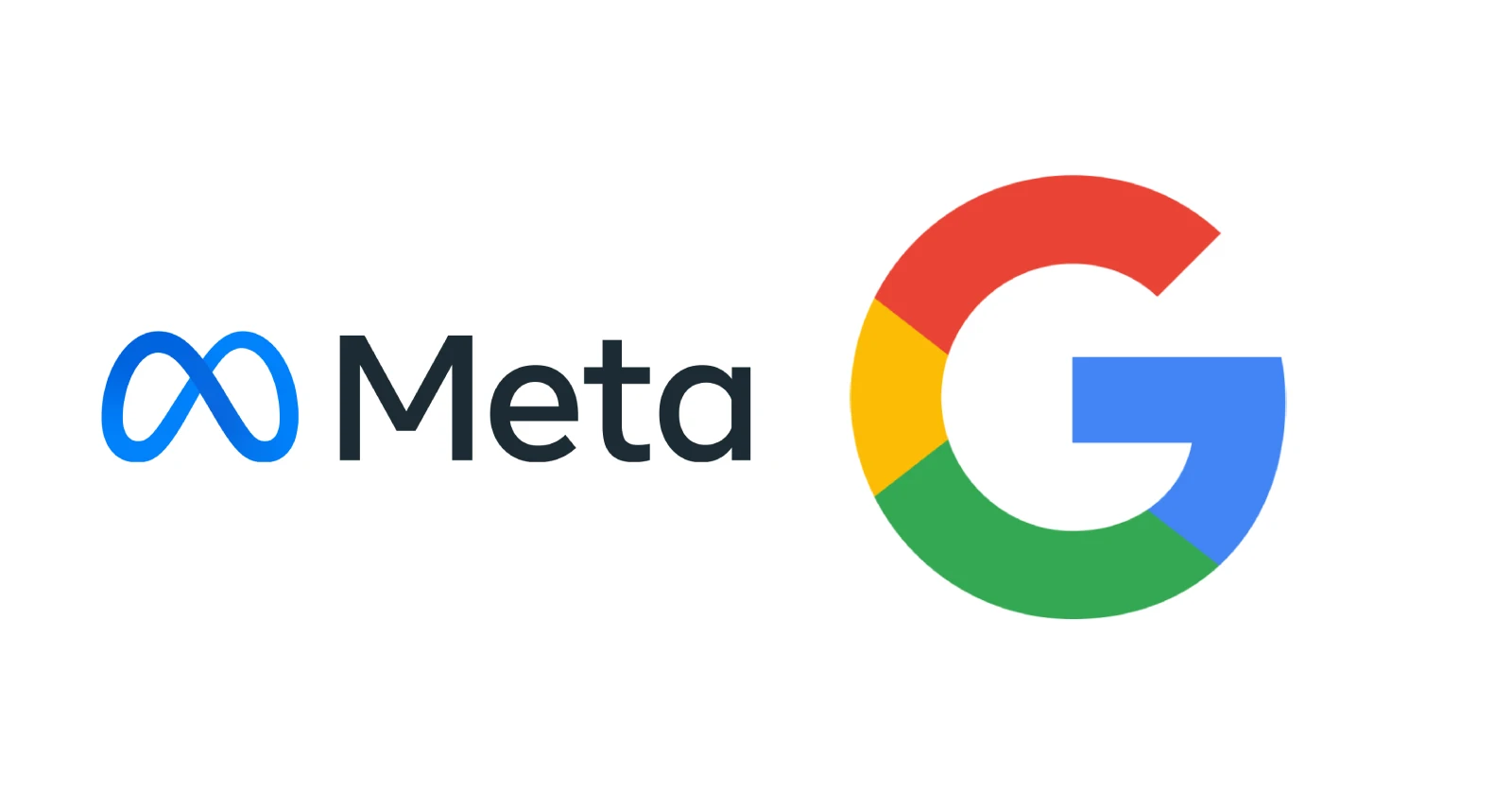Wow, Google has a search ban on President Donald Trump!
— Elon Musk (@elonmusk) July 29, 2024
Election interference? pic.twitter.com/dJzgVAAFZA
In recent days, tech giants Google and Meta have found themselves at the center of controversy following accusations that they suppressed information related to former President Donald Trump. Both companies have issued responses, addressing the claims and explaining the technical issues behind the alleged suppression.
Google faced criticism after Elon Musk, owner of X (formerly Twitter), accused the search engine of having a “search ban” on Donald Trump. Musk’s post, which has now garnered over 123 million views, was based on screenshots showing unusual autocomplete suggestions for searches like “president Donald” and “assassination attempt of.” Although, it wasn’t just Musk, dozens of attempts to recreate the scenario also proved the point.
In response, Google explained that these issues were due to bugs in its autocomplete feature. The company stated, “Over the past few days, some people on X have posted claims that Search is ‘censoring’ or ‘banning’ particular terms. That’s not happening.” Google clarified that users are free to search for whatever they want, regardless of autocomplete suggestions.
The search giant attributed the strange suggestions to two factors. First, “built-in protections related to political violence” had prevented autocomplete from suggesting Trump-related searches, and “those systems were out of date.” Second, a bug affected searches related to various political figures, including former President Barack Obama. You can read the full explanation from Google here.
Meanwhile, Meta faced its own challenges with its AI assistant providing incorrect information about the recent attempted assassination of Donald Trump. Joel Kaplan, Meta’s global head of policy, acknowledged the issue in a company blog post, calling the AI’s responses “unfortunate.”
Meta AI won’t give any details on the attempted ass*ss*nation.
— Libs of TikTok (@libsoftiktok) July 28, 2024
We’re witnessing the suppression and coverup of one of the biggest most consequential stories in real time.
Simply unreal. pic.twitter.com/BoBLZILp5M
Kaplan explained that Meta AI was initially programmed not to respond to questions about the assassination attempt, but this restriction was removed after people noticed. He admitted that in some cases, the AI continued to provide incorrect answers, even asserting that the event didn’t happen.
Both Google and Meta emphasized that these issues are part of broader challenges facing AI and search technologies. Google pointed out that many platforms, including X, have experienced similar problems with search predictions. Meta described the AI’s incorrect responses as “hallucinations,” noting that this is “an industry-wide issue we see across all generative AI systems.” While it might seem silly at first, it’s highly plausible. Roughly a month ago, my research into this phenomenon led me to discover some of the wildest AI hallucinations. So Meta’s explanation could very well be accurate.
As the 2024 U.S. presidential election approaches, these incidents have reignited concerns about the potential influence of tech companies on political information. Both Google and Meta have stated they are working to address these problems and improve their systems. As AI and search technologies continue to evolve, the challenge of providing accurate, real-time information while avoiding unintended biases remains a critical issue for the tech industry.
TechIssuesToday primarily focuses on publishing 'breaking' or 'exclusive' tech news. This means, we are usually the first news website on the whole Internet to highlight the topics we cover daily. So far, our stories have been picked up by many mainstream technology publications like The Verge, Macrumors, Forbes, etc. To know more, head here.


